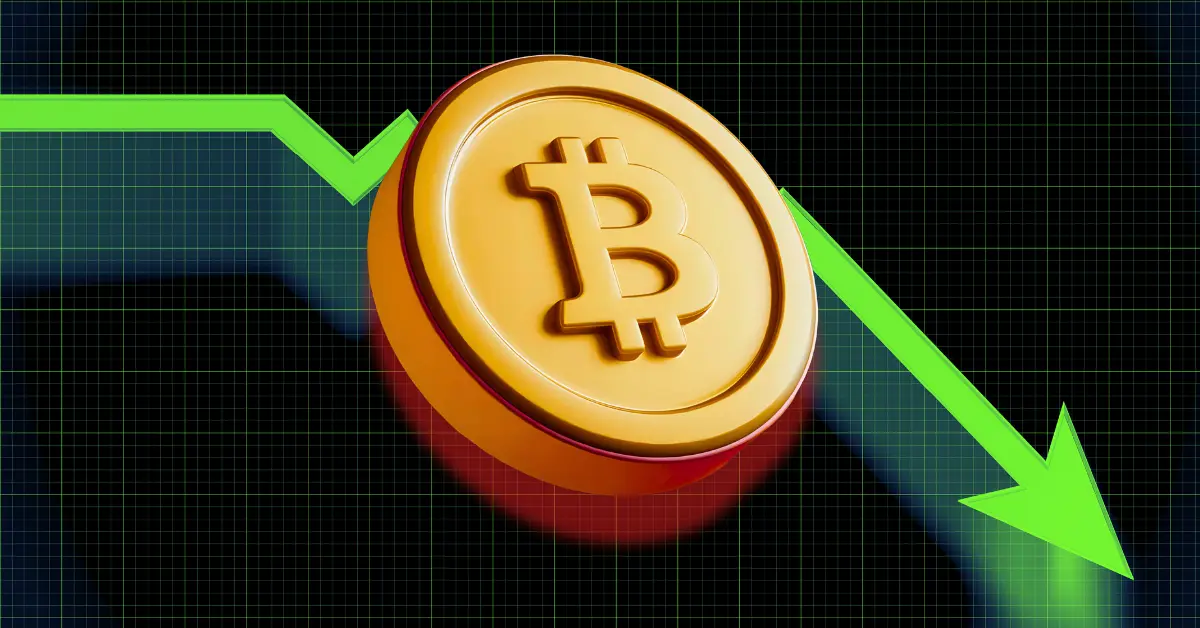Texas: A Lone Star State Leading the Bitcoin Charge
Texas is rapidly transforming into a hub for Bitcoin innovation within the United States. This isn’t a fleeting fascination; it’s a deliberate strategy to integrate cryptocurrency into the state’s financial framework. Recent legislative developments clearly showcase a shift from merely safeguarding existing crypto assets to proactively establishing a state-backed Bitcoin reserve. Let’s dissect the key legislation, explore the driving forces, acknowledge the inherent risks, and examine the broader implications of Texas’s pioneering efforts.
Fortifying the Perimeter: House Bill 4488 and Asset Protection
Texas’s initial foray into crypto legislation was driven by the need to protect its existing cryptocurrency holdings. The recently enacted House Bill 4488, signed into law by Governor Greg Abbott, acts as a shield, preventing the state’s Bitcoin and other digital assets from being absorbed into the general revenue. Without this crucial legislation, these assets faced the threat of forced liquidation in 2025. This law establishes a vital precedent: recognizing cryptocurrencies as distinct from traditional government funds, warranting specific handling and protection. It’s a defensive maneuver, ensuring that early investments in this innovative space aren’t undone due to budgetary constraints.
Building the Foundation: The Texas Strategic Bitcoin Reserve
Senate Bill 21 (SB 21), or the “Texas Strategic Bitcoin Reserve and Investment Act,” forms the cornerstone of Texas’s ambition. This bill, having passed both legislative bodies and awaiting Governor Abbott’s signature, officially establishes the “Texas Strategic Bitcoin Reserve.” This move positions Texas as one of the first US states to actively pursue a state-level Bitcoin investment strategy. This marks a significant stride toward integrating Bitcoin into the state’s financial infrastructure.
The path to SB 21 wasn’t without its debates. Initial versions considered a broader range of cryptocurrency investments. However, lawmakers ultimately narrowed the focus to spot Bitcoin holdings. This strategic decision aims to minimize operational complexities while still allowing the state to participate in blockchain technology at the treasury level.
Expanding Horizons: Exploring Investment Scope
The journey towards establishing a Bitcoin reserve involved multiple legislative proposals. One such bill was HB 4258, which initially proposed allocating $250 million from the state’s economic stabilization fund to Bitcoin and other digital assets, along with an additional $10 million for municipal investments. Although HB 4258 didn’t pass in its original form, it clearly indicated the Texas legislature’s interest in making a substantial investment in the cryptocurrency sector. The refiling of SB 21 with a broader scope further underscores this evolving viewpoint. These proposals are signs of the times, showing the growing awareness that cryptocurrencies are here to stay.
Acknowledging the Risks: Volatility and Market Dynamics
While there’s considerable enthusiasm surrounding SB 21, state legislators have acknowledged the inherent risks associated with Bitcoin and other digital assets. A primary concern revolves around the cryptocurrency market’s infamous volatility. The bill does incorporate a market capitalization threshold, aimed at mitigating the risk of exposure to smaller coins, but substantial downside risks still remain. This acknowledgement highlights the need for prudent risk management and a long-term investment mentality. Focusing specifically on Bitcoin in the revised SB 21 is an attempt to address these concerns by concentrating investments in the most established cryptocurrency.
Navigating the Political Landscape: Texas’ Pro-Business Stance
Texas’s embrace of Bitcoin isn’t an isolated event. It’s deeply connected to the state’s broader economic and political environment. Texas has been actively attracting businesses from high-tax states, marketing itself as a pro-business, innovation-friendly locale. Adopting Bitcoin aligns with this narrative, demonstrating a willingness to embrace cutting-edge technologies and challenge conventional financial norms. Growing concerns about the stability of the US dollar and the potential for inflation have encouraged interest in alternative assets like Bitcoin, particularly among proponents of increased financial sovereignty.
The Governor’s Role: Abbott’s Endorsement
Governor Abbott’s support is vital for the success of these initiatives. His signature on HB 4488 signifies his commitment to protecting existing crypto holdings. Supporters of SB 21 are hopeful that he will sign it into law, given his history of supporting pro-business and innovative policies. His position serves as a key indicator of Texas’s long-term digital asset strategy. He is a key player in whether or not Bitcoin will be implemented in the state.
A Ripple Effect: Implications for the Future
Texas’s move to establish a state-run Bitcoin reserve has significant implications that reach far beyond its borders. It has the potential to:
- Attract More Investment: The state’s proactive position may draw in further investment from the cryptocurrency industry, promoting innovation and creating jobs.
- Set a Precedent: Texas’s success (or failure) will likely influence other states considering similar initiatives. Its decisions are sure to be scrutinized.
- Increase Adoption: A state-level reserve could contribute to broader Bitcoin adoption by reinforcing its legitimacy and visibility.
- Challenge the Status Quo: Texas’s actions represent a subtle challenge to the dominance of traditional financial institutions and the US dollar.
Ongoing market volatility, regulatory uncertainty at the federal level, and the complexities of securely managing a state-held Bitcoin reserve all represent challenges that need to be addressed.
Pushing Boundaries: The Innovation Hub of the Future?
Texas is embarking on a high-stakes experiment, positioning itself at the forefront of a potential paradigm shift in finance. The legislative actions surrounding the Bitcoin reserve aren’t merely about investing in a digital asset; they reflect the state’s vision for the future – a future that prioritizes innovation, financial freedom, and technological advancement. While risks are undeniable, the possible rewards – both economic and symbolic – are substantial. As Texas navigates the complexities of state-sponsored Bitcoin, its journey will be closely monitored by other states and the global financial community.

